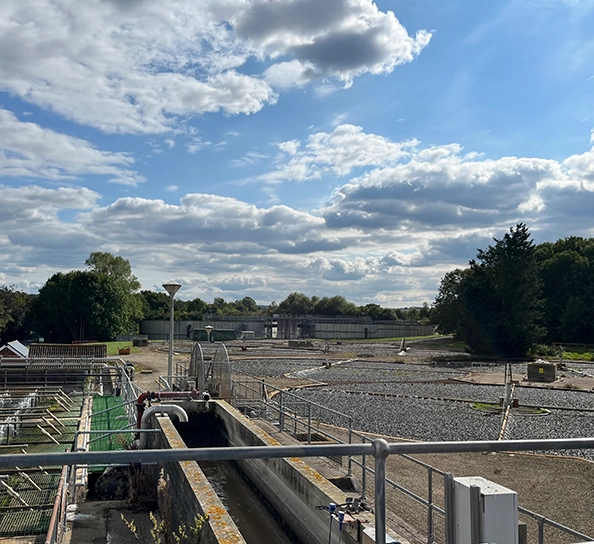- Home
- Visit and learn
- Secondary schools
Support for secondary schools
Explore our services and resources for children in secondary school (ages 11 to 16).
Where we can hold the session
We can hold the session at your school, at one of our education centres, or virtually.
We recommend secondary school classes visit one of our education centres to get the most from the session.
This will allow them to go on a tour of the site’s water treatment or water recycling centre.
How the session will be structured
Your class will learn all about water, sewage and the environment through our interesting and engaging sessions, which support the GCSE syllabus.
A typical session will last up to 90 minutes, starting with a presentation followed by a fun hands-on activity or STEM investigation.
Sessions at our sites generally last between two and four hours and will also include a tour which typically lasts one hour. However, tour length can vary depending on the age of your class and the size of the site. Most of our sites have classroom facilities to allow hands-on activity or STEM investigations.
Topics we can cover
We tailor our sessions to cover topics that make up the national curriculum for key stages 3 and 4.
Some of the topics we can cover include:
- water treatment
- sewage treatment
- environmental studies
- climate change
- water saving
- plastic pollution
- STEM
- the water cycle
- rivers
- what not to flush
- micro-organisms
- the work we do
- career opportunities.
You can select the topics you want us to cover when booking to ensure the session meets your objectives.

Book an educational session
Complete our online form to book your free education session.
